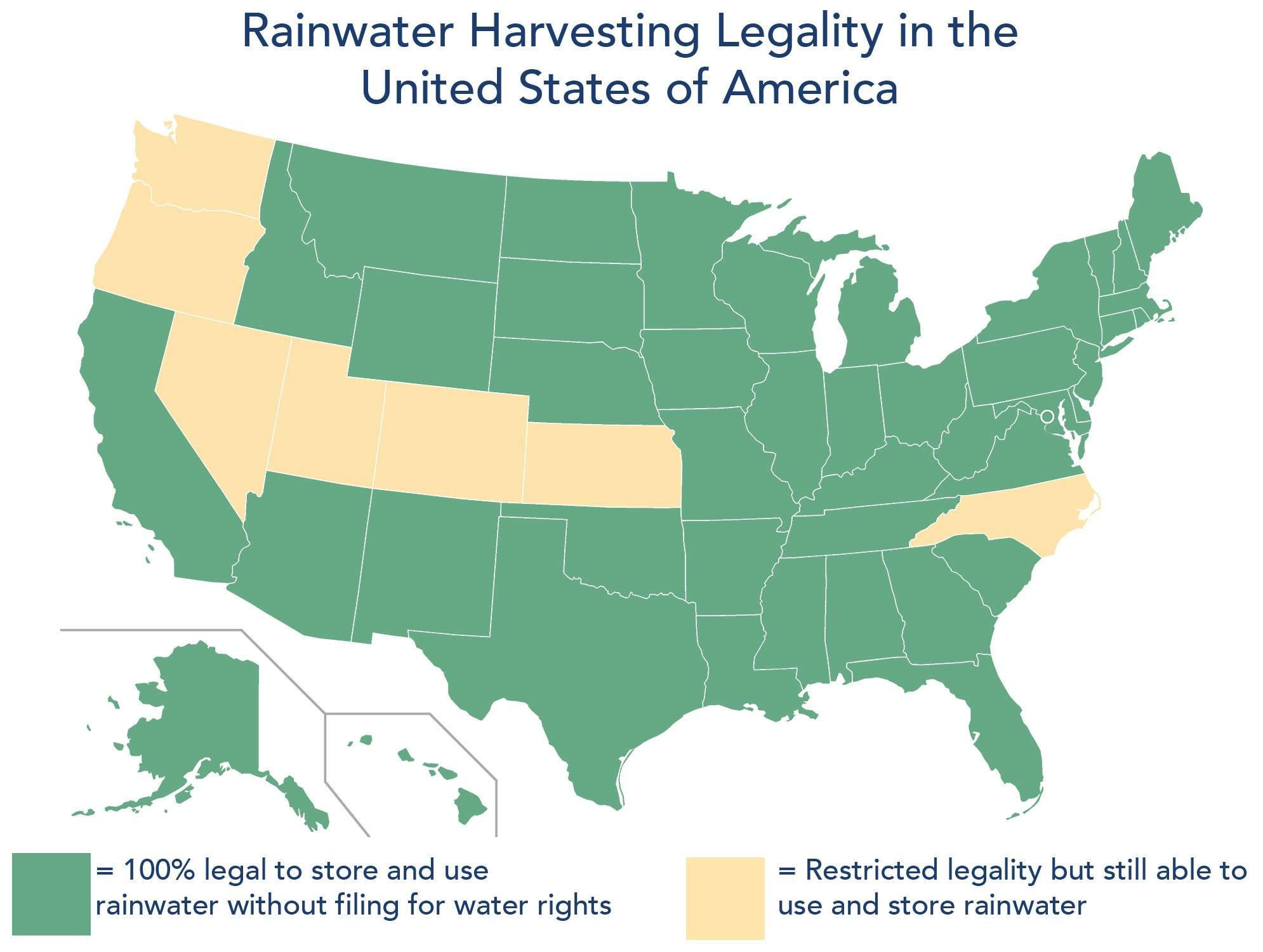Did you know that collecting rainwater is actually legal in all 50 states? However, before you go setting up your rain barrels and water collection systems, it’s important to note that some states have regulations and restrictions in place. These restrictions tend to be more common in states that are experiencing water shortages, as they want to ensure that water resources are used efficiently. On the flip side, there are states that actively encourage rainwater collection and even offer incentives and rebates for those who engage in it. The laws surrounding rainwater harvesting can vary across different regions and jurisdictions, so it’s crucial to research and understand your local laws before you start collecting rainwater.
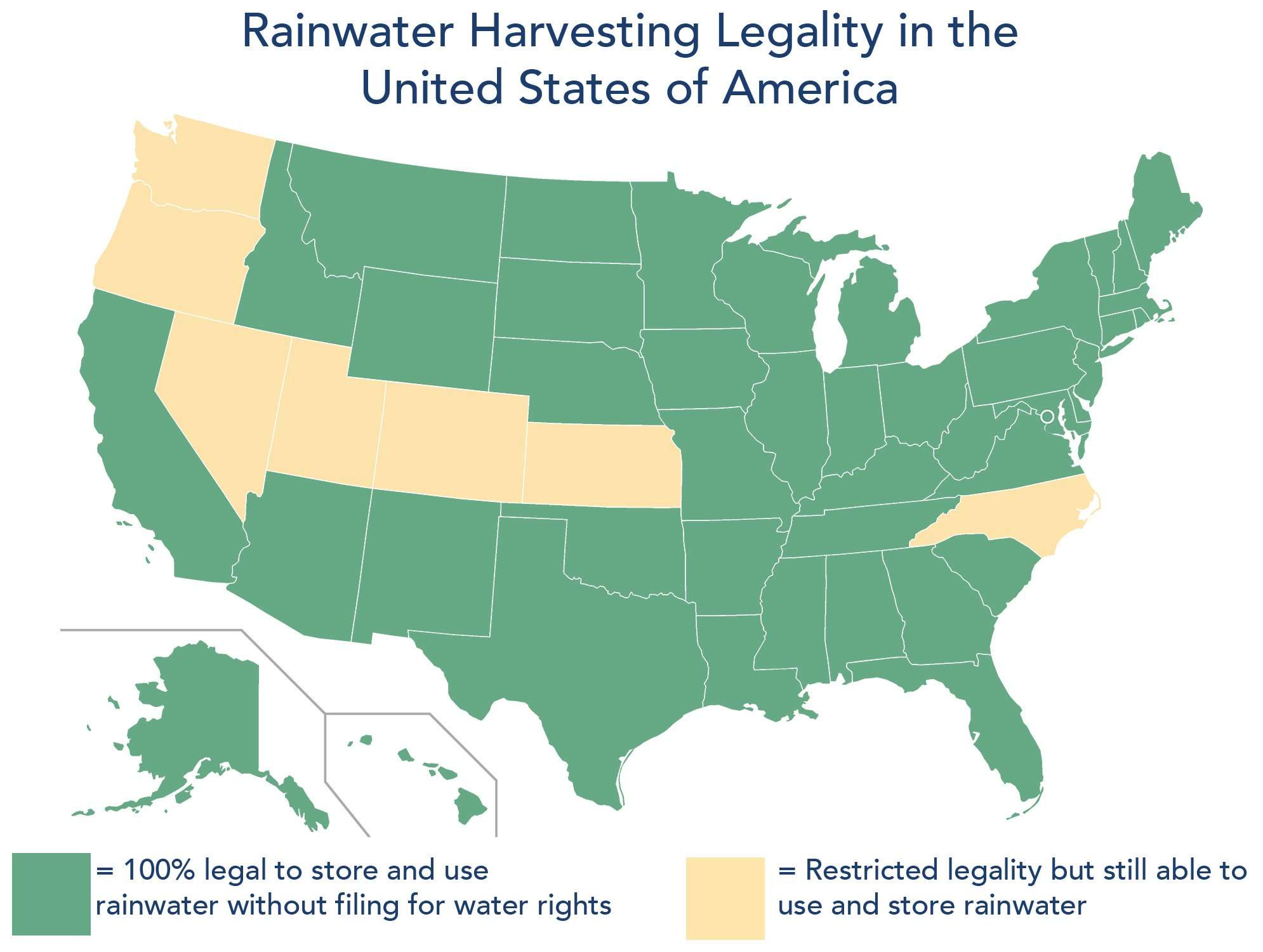
States with Water Shortages
States with water shortages have more restrictions on rainwater harvesting.
In states where water shortages are a pressing issue, there tends to be stricter regulations and limitations on rainwater harvesting. These states recognize the importance of conserving and managing their limited water resources, and as a result, they have implemented measures to control the collection and use of rainwater. By imposing these restrictions, these states aim to ensure that the available water supply is prioritized for essential needs and to prevent any potential negative impacts on the local water ecosystem.
Incentives and Rebates
Some states offer incentives and rebates for collecting rainwater.
While some states have stringent regulations on rainwater harvesting, others take a different approach by offering incentives and rebates to encourage individuals and businesses to collect rainwater. These incentives can take various forms, such as financial incentives, tax credits, or grants. By providing these rewards, states hope to incentivize rainwater collection as a sustainable water management practice and to alleviate the strain on their water resources.
Regional and Jurisdictional Variations
The legality of collecting rainwater varies across different regions and jurisdictions.
When it comes to rainwater harvesting, the legality of the practice can vary significantly depending on the region and jurisdiction. While collecting rainwater is legal in all 50 states, specific regulations and restrictions may be in place at the local level. Some states may have more lenient regulations, allowing rainwater harvesting without many limitations, while others may have stricter guidelines and requirements for obtaining permits or licenses. It is essential to understand the specific regulations in your area before embarking on a rainwater collection project.
Importance of Researching Local Laws
It is important to research and understand local laws and regulations regarding rainwater harvesting.
Before undertaking any rainwater harvesting project, it is crucial to thoroughly research and comprehend the local laws and regulations governing rainwater collection. As mentioned earlier, the legality and specific requirements for rainwater harvesting can vary from one jurisdiction to another. By understanding the local laws, you can ensure that your rainwater collection system is in compliance and avoid any potential legal issues. Additionally, researching local laws can help you determine whether any permits or licenses are required for your rainwater collection project.
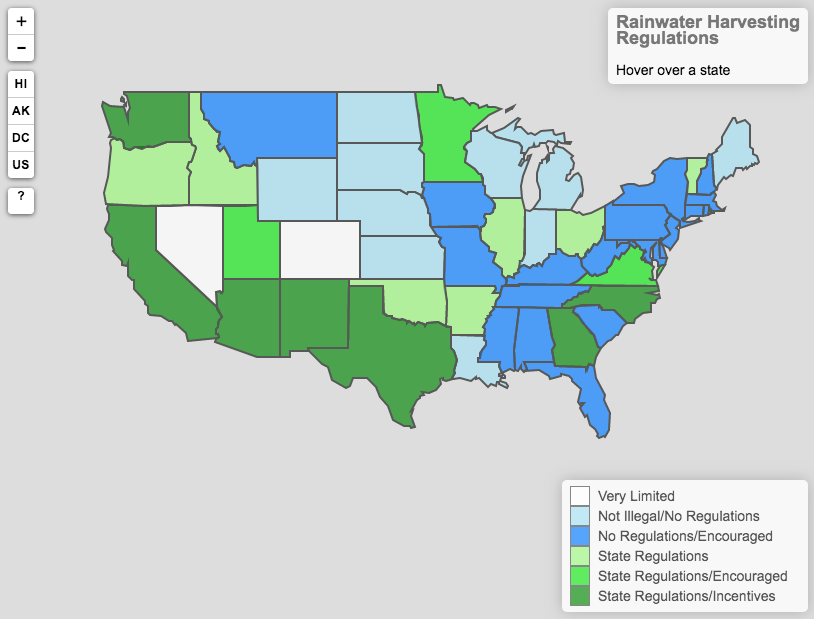
Different Approaches by States
Some states encourage rainwater collection while others have limitations due to limited freshwater supply.
When it comes to rainwater collection, states in the United States take different approaches based on their specific circumstances. Some states actively promote rainwater collection as a sustainable water management practice. They recognize its potential to alleviate the strain on existing water resources and encourage individuals and businesses to adopt this eco-friendly solution. On the other hand, states that face severe water shortages may have limitations on rainwater harvesting due to the need to preserve their limited freshwater supply. These states prioritize using available water resources for essential needs rather than promoting rainwater collection.
States with No Restrictions
Individual states such as Alabama, Alaska, and Connecticut have no restrictions on collecting rainwater.
While some states have restrictions or regulations on rainwater harvesting, there are individual states that have no such limitations. States like Alabama, Alaska, and Connecticut allow residents to collect rainwater without any specific restrictions. This freedom gives individuals the flexibility to implement rainwater collection systems on their properties, promoting sustainable water practices and reducing reliance on the municipal water supply. However, even in states without explicit restrictions, it is still beneficial to understand local laws and guidelines to ensure that your rainwater harvesting practices align with best practices.
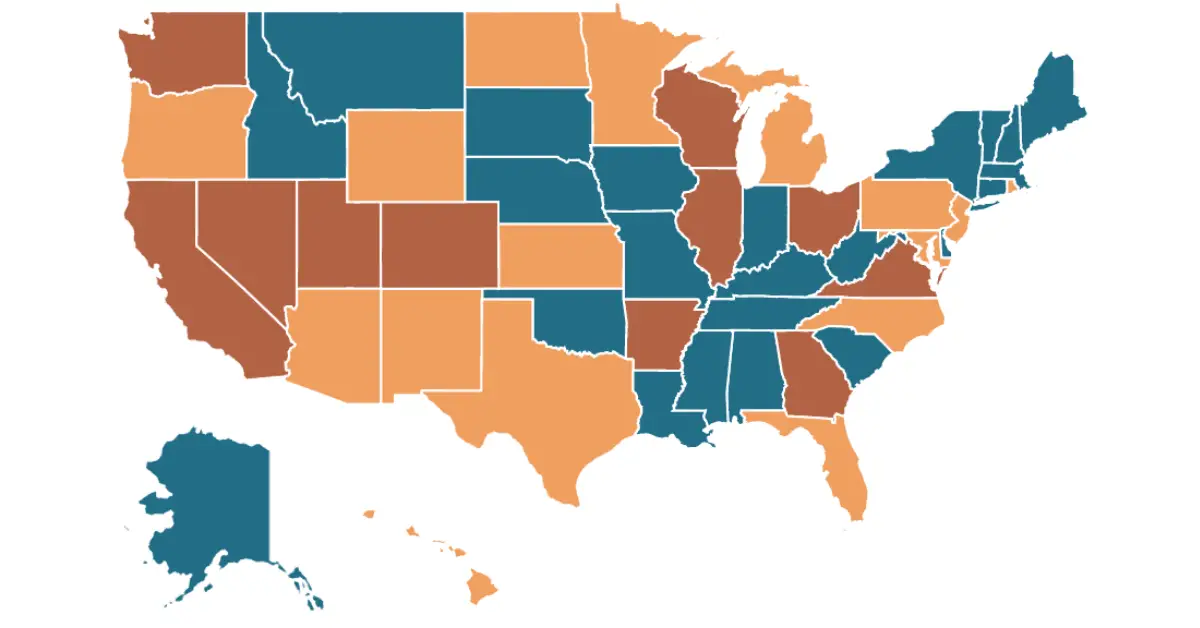
States that Recently Legalized Rainwater Collection
States like California and Colorado have legalized rainwater collection in recent years.
In recent years, some states that previously had restrictions on rainwater collection have recognized the potential benefits and legalized the practice. One notable example is California, which faced severe droughts in the past. The state has taken steps to encourage rainwater harvesting as a part of its overall water conservation efforts. Similarly, Colorado has also legalized rainwater collection to promote sustainable water practices and decrease demand on its limited water resources. These changes in legislation reflect a growing awareness of the importance of rainwater harvesting in managing water scarcity.
States that Actively Encourage Rainwater Collection
Some states, like Delaware and Hawaii, actively encourage rainwater collection.
In certain states, rainwater collection is actively encouraged as a sustainable water management practice. These states recognize the environmental and economic benefits associated with rainwater harvesting and have implemented measures to promote its adoption. For example, Delaware offers educational resources, workshops, and grant programs to support rainwater harvesting initiatives. Hawaii, with its unique geography and limited freshwater supply, actively promotes rainwater collection as an alternative water source. By actively encouraging rainwater collection, these states aim to reduce water demand, conserve resources, and promote sustainable living.
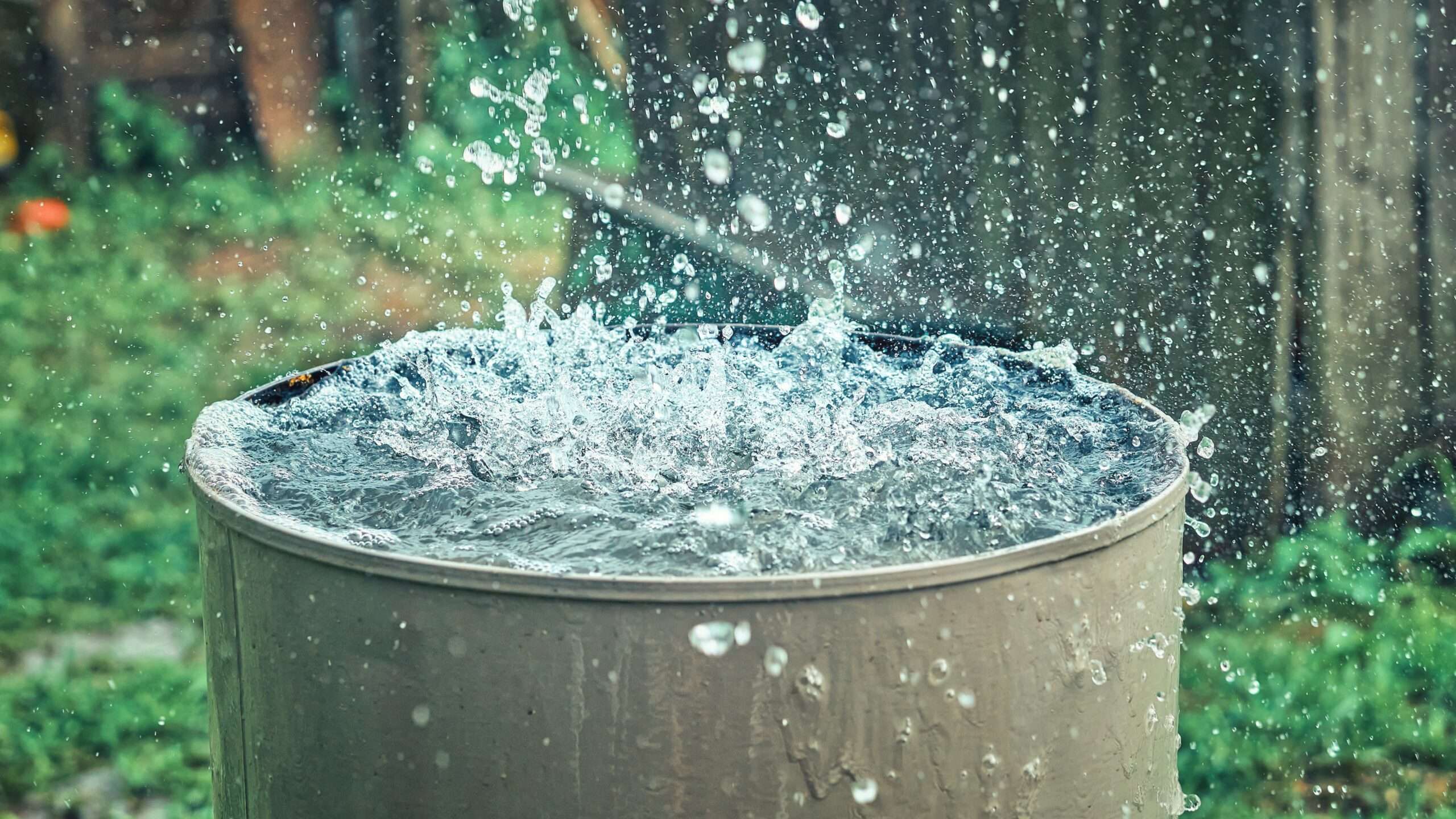
Local Incentives and Rebates
Local incentives and rebates for rainwater harvesting may be available in certain states.
In addition to state-level incentives and rebates, some local governments or water authorities may provide additional rewards for rainwater harvesting initiatives. These incentives can vary from region to region but may include financial assistance, tax credits, or reduced water rates. Local governments recognize the value of rainwater harvesting in water conservation efforts, and they aim to support individuals and businesses in their sustainable water management practices. If you are considering implementing a rainwater collection system, be sure to research and explore any local incentives or rebates that may be available to make your project more affordable and financially beneficial.
In conclusion, rainwater harvesting regulations and incentives in the United States vary significantly from state to state and even within different regions and jurisdictions. Water shortage concerns, freshwater supply limitations, and environmental factors all influence a state’s approach to rainwater collection. It is essential to research and understand the local laws and regulations regarding rainwater harvesting before starting any project. By doing so, you can ensure compliance, take advantage of available incentives, and contribute to the conservation of water resources in your area.

